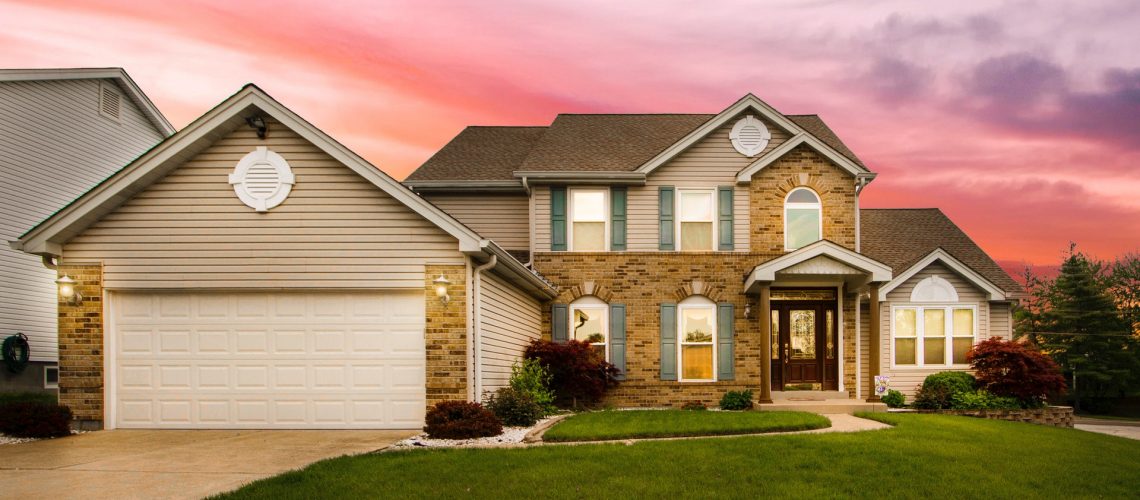Buying your own house is one of the most talked about challenges as the property market out there is a minefield for buyers. When you think about the deposit you need, there is a big fat question mark in your head. To put it simply, it depends on a range of variables – from how much the lender is willing to lend to you to how much you’ll pay back to him.
There was a time when Australia’s buyers, as well as investors, could secure a 100% loan without much hassle; and in some cases, you could have the entire amount of the property. This was equal to having as high as 105% of the loan. But things took turn for the worse and the lending criteria got stricter. So, what is it now? How do you buy your house if you don’t have a deposit already?
Don’t lose heart as there is still hope. The four big banks have a solution for you. They are willing to finance the purchase of your dream home up to 95%. The real question is what you need to have? Showing them evidence of good savings backed by strong employment history can be your key toward securing a reasonable interest rate mortgage. But, those who have low-income scale will need a large deposit to secure the loan.
Genuine Savings
A term frequently used by lenders to describe the funds a homeowner applicant has hoarded over a course of 3 months. To actually have ‘Genuine savings’ Australian lenders stresses borrowers, in the recent times, to at least save 5% of the cost of their purchased property either in a bank account in their name or somewhere safe with them.
What’s Lenders Mortgage Insurance (LMI)?
This type of insurance acts as a guarantee for the lender in case the applicant default on the home loan. The home loan applicant may need to pay it if the LVR is over 80%. This insurance covers you if the proceeds from the sale of your house aren’t enough to pay back the amount you took as a mortgage.
When you’re struggling to find out how much you need to save for your home in the form of deposit, don’t forget to factor in fees and other costs you may have to pay. These are the common costs associated with buying a house.
- Stamp duty (land transfer duty)
- LMI (only if LVR over 80%)
- Conveyancing
- Home insurance
- Loan application fee
- Moving costs etc.
Use our property buying cost calculator to have an estimation of how much you may have to pay an upfront fee and calculate other costs too. That way you can figure out how much you may have left for your deposit.




